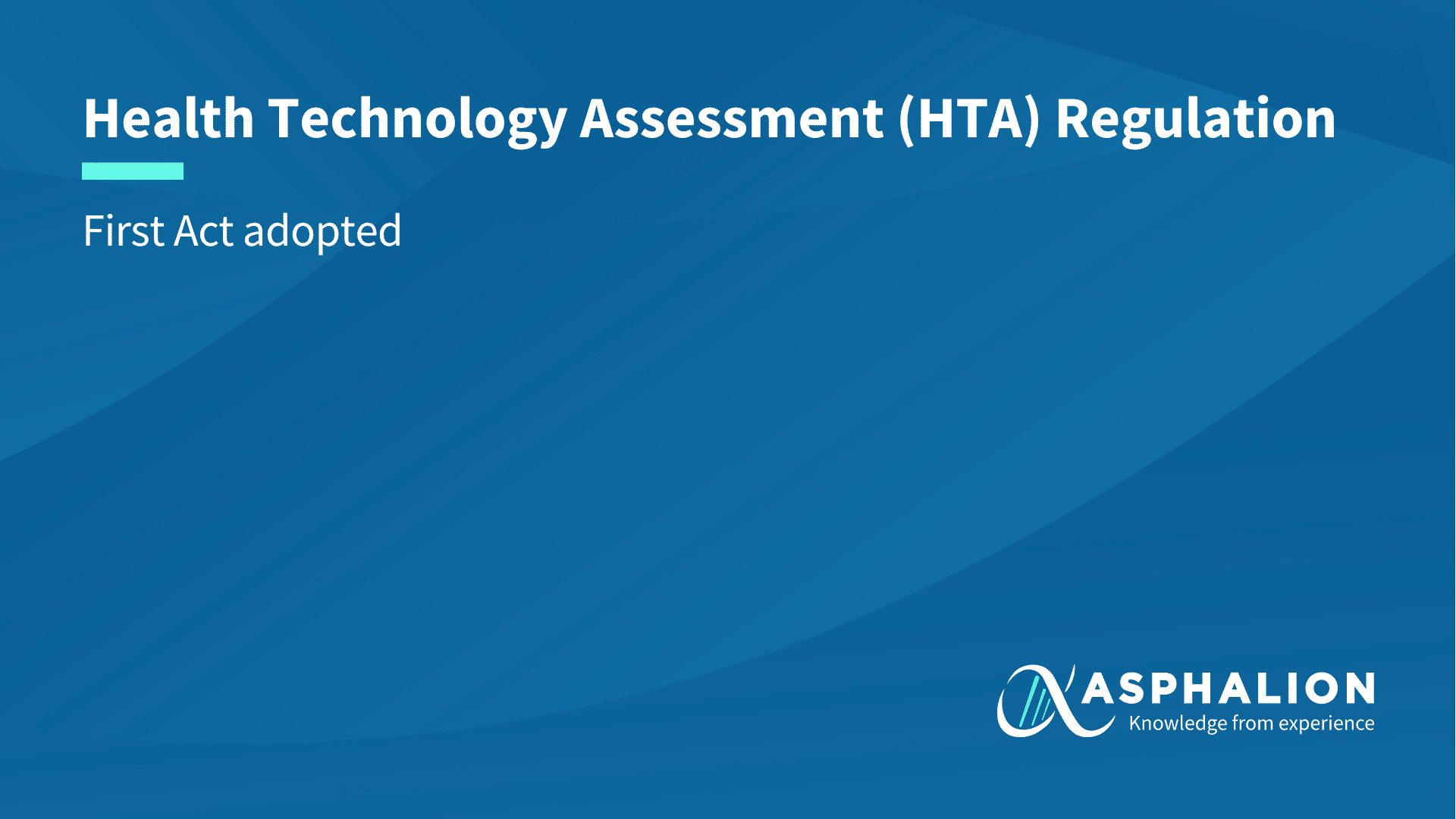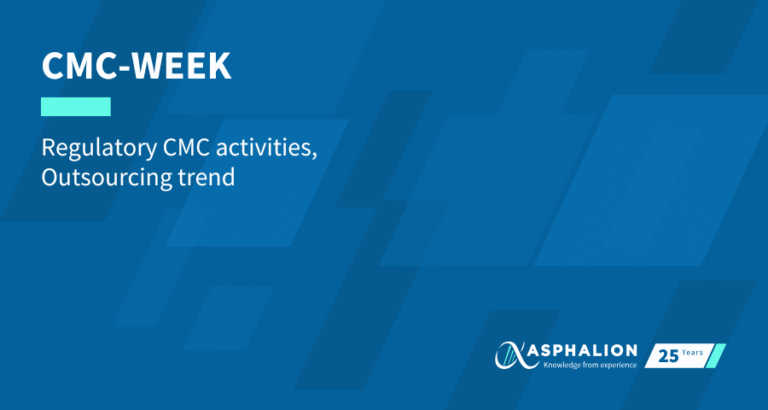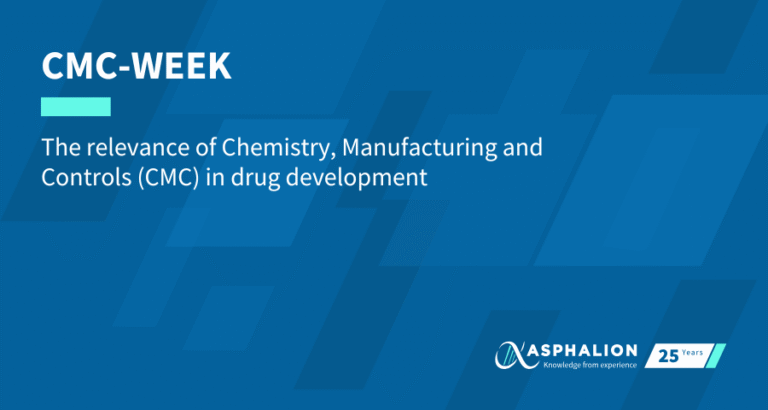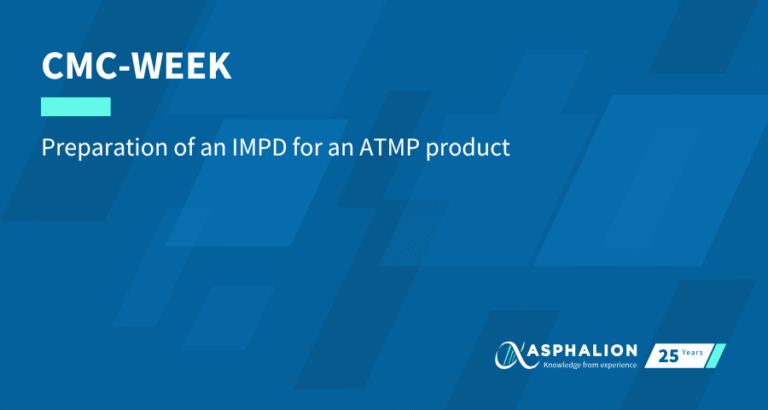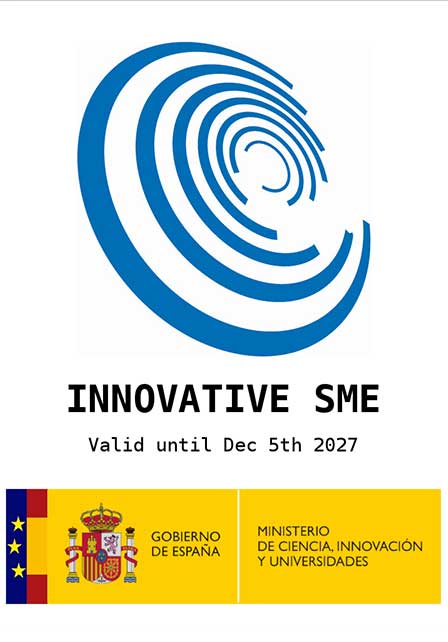On May 23, 2024, the European Commission introduced the first act for the joint clinical assessment of medicines. This is a game-changer that promises to expedite the availability of treatments across the EU, particularly for life-altering conditions such as cancer.
What’s happening?
- The first act is part of the Health Technology Assessment (HTA) Regulation.
- It is the first in a series of six legislative acts to be adopted in 2024.
- Joint clinical assessments will commence from January 2025, focusing initially on cancer treatments and advanced therapy medicinal products.
Why does it matter?
- The HTA Regulation adopts an innovative, collaborative approach, pooling expertise EU-wide.
- It’s aimed at evaluating the effectiveness of new medicines in comparison to existing treatments.
- This supports EU healthcare systems in delivering top-notch care with the most advanced medical technologies.
What´s the impact?
- Newly defined timelines and procedures for EU joint clinical assessments.
- Scientific evidence provided to national authorities swiftly post-marketing authorisation.
- Member States can make informed, timely decisions on the integration of new medicines into their health systems, ensuring robust evidence-based value assessments.
Looking to Dive Deeper? Asphalion is at the forefront of these regulatory changes. If you’re seeking insights on how this could impact your healthcare business or need guidance navigating the new landscape, we’re here to help!
Contact Asphalion today to learn more about the HTA Regulation and what it means for you: [email protected]


